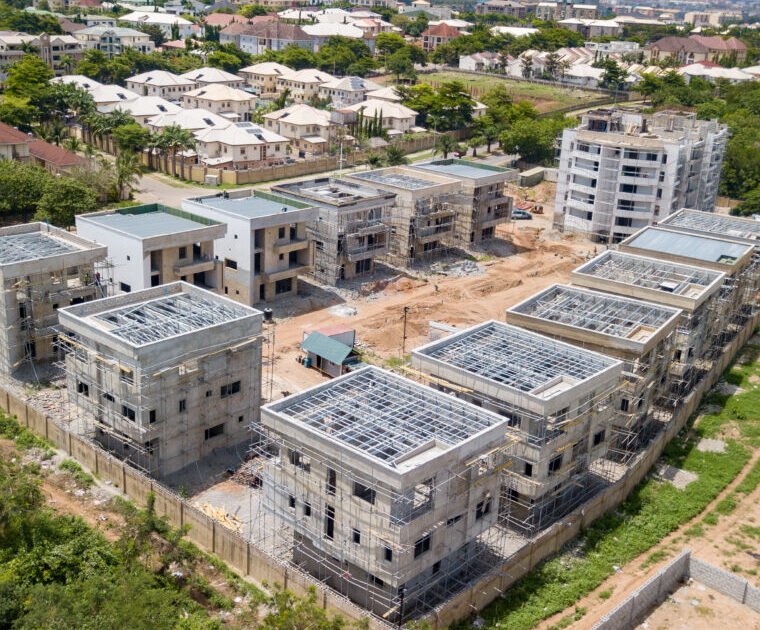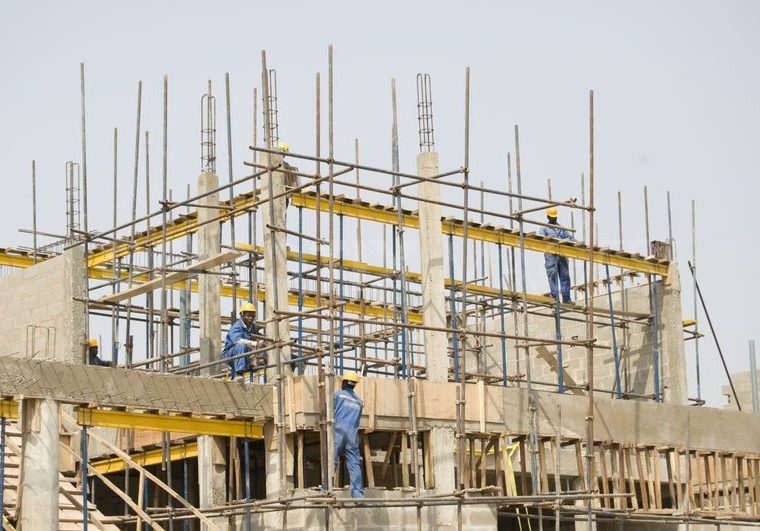Here at Dutum Construction Company we construct and care for essential assets: hospitals, bridges, schools, roads, petrol stations, and other major structures. Anyhoo, we are always thinking of ways to make our construction better, and in this article, we look at the impacts of our construction on the environment and what we are doing to improve our environmental footprint.
How our construction impacts the environment
The construction of a new project can have both positive and negative impacts on the environment. Some negative impacts on the environment include:
- Pollution
- Waste generation
- Energy usage and burning of fossil fuel
- Changing the land surface
How we are reducing the impact of construction on the environment
We put the protection of the environment first at the outset of any construction project. Some of the things we are doing in order to improve our environmental footprint and reduce the negative impact of construction on the environment include:
- Pollution prevention measures: Dust and noise is a major source of pollution from construction sites.
Most of the noise is produced by the machinery used during the construction process. Some of our construction sites are located near homes and businesses, so when beginning a construction project, we make sure to adhere to local construction time restrictions. We also engage in discussions with neighbors before beginning work to inform them of how long the project will last and what to expect. Workers on site are always kitted with the appropriate PPE; ensuring that they are protected from dust and other pollutants arising from the construction process. - Proper disposal and recycling methods: The most common waste disposal methods in Nigeria are incineration and landfills. Here at Dutum, we are aware that both methods harm the environment. So, we cut down on material waste harming our precious earth by reusing and recycling existing materials where necessary. We ensure to order the right amount of materials by seeking input from our most experienced and knowledgeable people when planning our work. This helps ensure we get the right quantities: not too much, not too little. We also ensure to get the right-size materials for the job because the extras will likely go to waste.
- Burning fossil fuels has been linked to global warming and contributes to the production of greenhouse gases. In order to reduce reliance on fossil fuels and embrace renewable energy we:
– Carry out energy audits on our construction sites to identify energy-saving opportunities; we accomplish this by making sure site workers are aware of the energy implications of all site activities and introducing incentives for energy saving.
– Replace high energy materials with low energy materials in temporary works where possible; we accomplish this by making use of timber and bamboo rather than steel for scaffolding and formwork.
Key Takeaways
- Impact: Dust and noise pollution
How we are reducing the impact: Minimizing the impact of pollutants and adhering to local construction time restrictions - Impact: Material waste generation resulting in environmental pollution
How we are reducing the impact: Properly disposing of wastes and recycling existing materials where necessary - Impact: Burning of fossil fuel
How we are reducing the impact: Minimizing our usage of fossil fuels and embracing renewable energy - Impact: Energy usage
How we are reducing the impact: Increasing the energy efficiency of buildings






2 Comments